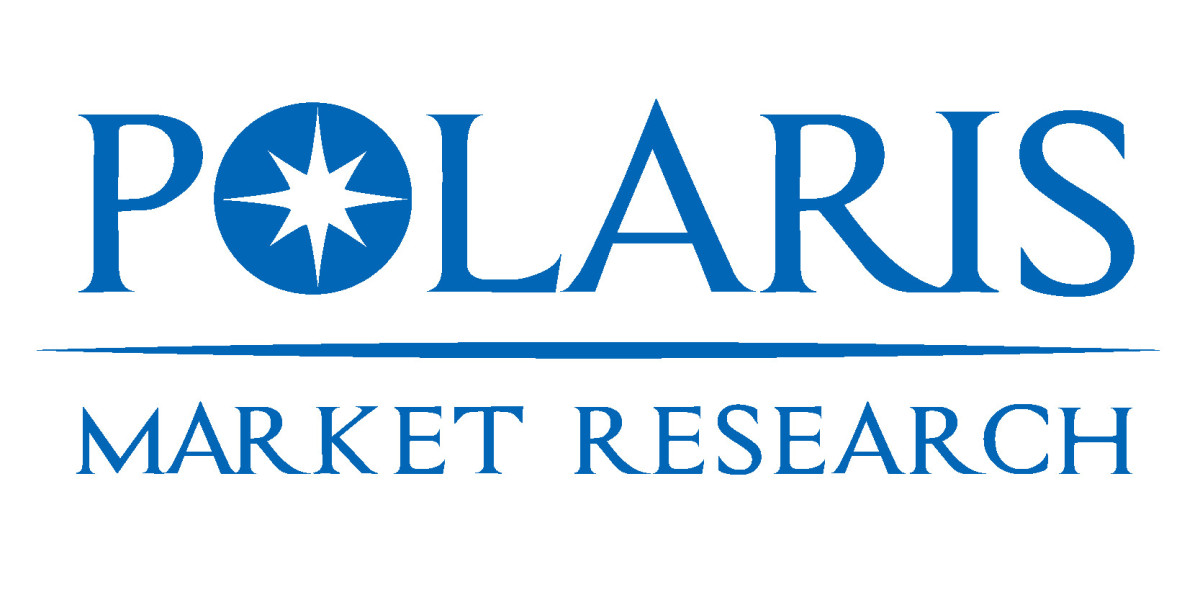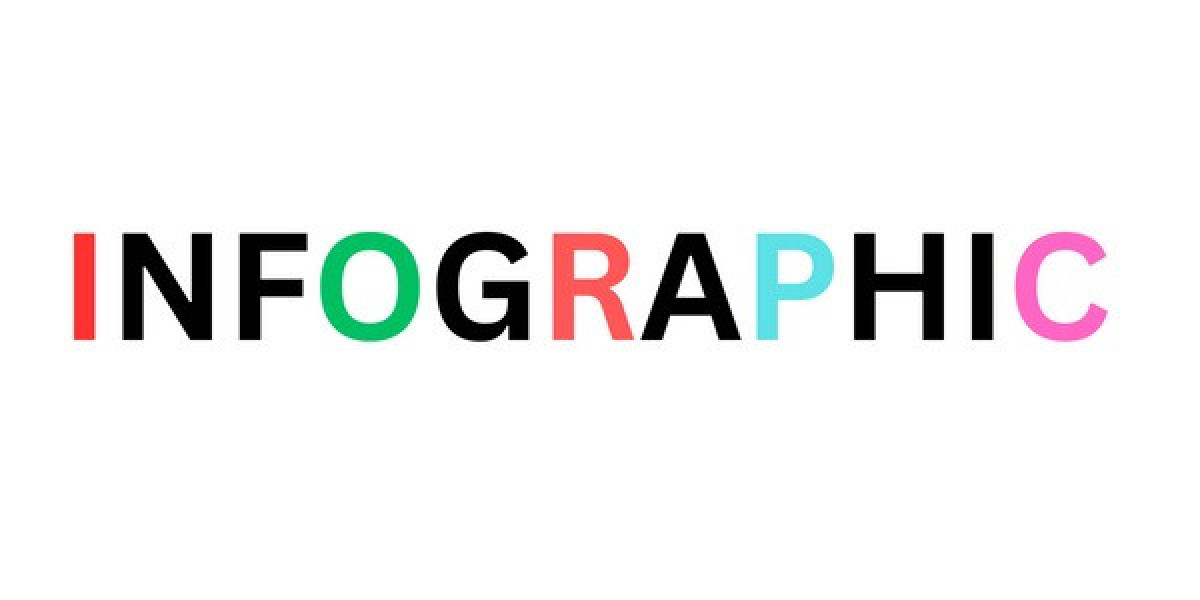According to the research report, the global HLA typing market was valued at USD 1.24 billion in 2021 and is expected to reach USD 2.0 billion by 2030, to grow at a CAGR of 5.7% during the forecast period.
Market Growth Drivers
Several factors are driving the expansion of the HLA typing market:
- Rising Number of Organ and Stem Cell Transplants
The increasing incidence of organ failure, cancer, and hematologic disorders has led to a surge in organ and stem cell transplantation procedures. HLA matching is critical to reducing the risk of graft-versus-host disease (GVHD) and improving transplant success rates. Consequently, transplant centers, blood banks, and hospitals are increasingly adopting advanced HLA typing solutions to ensure compatibility and patient safety. - Growth in Personalized Medicine and Immunotherapy
The shift toward personalized medicine has heightened the need for HLA typing in tailoring treatments for autoimmune diseases, cancer immunotherapy, and infectious diseases. HLA typing helps predict patient responses to certain drugs and immunotherapies, enhancing treatment efficacy and reducing adverse effects. As precision medicine continues to expand, demand for HLA typing services is expected to grow significantly. - Technological Advancements in HLA Typing Methods
Innovations in molecular diagnostics, including next-generation sequencing (NGS), polymerase chain reaction (PCR)-based techniques, and high-resolution genotyping, have improved the accuracy, speed, and cost-efficiency of HLA typing. These advanced techniques enable high-throughput testing, which is particularly important for large transplant registries and research applications. - Increasing Prevalence of Autoimmune and Infectious Diseases
Autoimmune diseases, such as rheumatoid arthritis, type 1 diabetes, and multiple sclerosis, are on the rise globally. HLA genes are strongly associated with susceptibility to these disorders, driving the need for HLA typing in both clinical and research settings. Additionally, HLA typing is increasingly being used to understand host immune responses to infectious diseases, including emerging viral infections, thereby expanding its diagnostic and research applications.
Key Trends in the Market
- Integration of Next-Generation Sequencing (NGS)
NGS-based HLA typing is gaining traction due to its high resolution, accuracy, and ability to detect rare alleles. Unlike traditional PCR-based methods, NGS enables comprehensive genotyping and phased allele identification, which is particularly valuable for transplant matching and immunogenetic research. - Growth of Automated HLA Typing Platforms
Automation in HLA typing is improving laboratory efficiency, reducing human error, and enabling large-scale testing. Automated platforms that integrate sample preparation, amplification, and analysis are increasingly being adopted in transplant centers, blood banks, and diagnostic laboratories worldwide. - Rising Adoption in Research and Biobanking
HLA typing is not only essential for clinical applications but also plays a vital role in biomedical research and biobanking. Researchers are increasingly using HLA data to study disease susceptibility, immune responses, and population genetics. Biobanks and genomic research initiatives are investing in HLA typing to enrich their datasets and support translational research. - Strategic Collaborations and Partnerships
Partnerships between diagnostic companies, hospitals, research institutions, and biotechnology firms are becoming increasingly common. These collaborations aim to enhance testing capabilities, develop innovative HLA typing assays, and expand access to advanced diagnostic services, particularly in emerging markets.
Research Scope
The research scope of the HLA typing market spans clinical, research, and technological dimensions, including:
- Transplantation Research: Optimizing HLA matching to improve organ and stem cell transplant outcomes.
- Autoimmune Disease Studies: Investigating associations between HLA alleles and susceptibility to autoimmune disorders.
- Pharmacogenomics: Identifying HLA-linked adverse drug reactions to improve patient safety and therapeutic efficacy.
- Immunotherapy Development: Tailoring immune-based therapies based on patient-specific HLA profiles.
- Population Genetics and Epidemiology: Studying HLA distribution across populations to understand disease prevalence and immune diversity.
- Technological Innovations: Advancing high-resolution HLA typing methods, including NGS, digital PCR, and bioinformatics-assisted analysis.
Researchers are also exploring multi-omics approaches that integrate HLA typing with genomics, transcriptomics, and proteomics to provide a holistic understanding of immune responses and disease mechanisms.
Major Key Players:
- Thermo Fisher Scientific Inc. (U.S.)
- Bio-Rad Laboratories (U.S.)
- Qiagen N.V. (Netherlands)
- Genome Diagnostics B.V. (GenDx) (Netherlands)
- Illumina Inc. (U.S.)
- CareDx (U.S.)
- Immucor Inc. (U.S.)
- TBG Diagnostics Limited (Australia)
- BAG Diagnostic GmbH (Germany)
- Omixon Inc. (Hungary)
- Luminex Corporation (U.S.)
- inno-train Diagnostik GmbH (Germany)
- Pacific Biosciences of California Inc. (U.S.)
- Fujirebio Holdings Inc. (Japan)
??????? ??? ???????? ????????????? ?????? ????: https://www.polarismarketresearch.com/industry-analysis/hla-typing-market
Market Segmentation
The HLA typing market can be segmented based on product type, application, end-user, and geography:
- By Product Type
- Reagents and Kits: Includes PCR kits, sequencing reagents, and hybridization probes.
- Instruments and Platforms: Automated HLA typing systems, sequencers, and analyzers.
- Software and Bioinformatics Solutions: Tools for HLA allele assignment, data analysis, and result interpretation.
- By Application
- Transplantation: HLA matching for organ and stem cell transplantation.
- Disease Research: Studying autoimmune, infectious, and genetic diseases.
- Immunotherapy and Personalized Medicine: Tailoring treatments based on HLA profiles.
- Pharmacogenomics: Predicting drug responses and adverse reactions.
- Population Genetics and Epidemiology: Analyzing HLA diversity and disease susceptibility.
- By End-User
- Hospitals and Transplant Centers
- Diagnostic Laboratories
- Research Institutes and Biobanks
- Pharmaceutical and Biotechnology Companies
- By Geography
- North America: Dominates the market due to advanced healthcare infrastructure, high transplant rates, and early adoption of NGS-based HLA typing.
- Europe: Growth driven by government support for organ donation programs, robust research initiatives, and advanced diagnostics.
- Asia-Pacific: Fastest-growing region due to rising healthcare investments, increasing transplant procedures, and expanding biopharma research.
- Latin America and Middle East & Africa: Emerging markets with increasing awareness of HLA-based diagnostics and growing healthcare infrastructure.
Conclusion
The HLA Typing Market is poised for substantial growth as personalized medicine, transplantation, and immunotherapy continue to expand globally. Rising demand for accurate HLA matching in organ and stem cell transplantation, coupled with the increasing prevalence of autoimmune and infectious diseases, is driving the adoption of advanced typing methods.
Technological innovations, including NGS, automated platforms, and bioinformatics-assisted analysis, are enhancing accuracy, throughput, and cost-efficiency. Strategic collaborations among diagnostic companies, research institutions, and hospitals are further accelerating market growth, particularly in emerging regions.
As the healthcare industry continues to prioritize precision medicine and immunogenetic research, HLA typing is becoming an indispensable tool in both clinical and research settings. Its integration into personalized therapeutics, transplantation programs, and disease studies underscores its critical role in shaping the future of diagnostics and immunology, offering enhanced patient outcomes, improved safety, and a deeper understanding of immune responses worldwide.
More Trending Latest Reports By Polaris Market Research:
Atopic Dermatitis Clinical Trials Market
Bringing the invisible to light: The rise of cryo-electron microscopy market
U.S. Desiccant Dehumidifier Market







